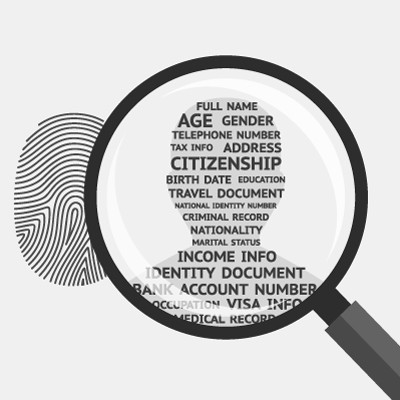Aspire Business Solutions Blog
In the United States, tax season is prime time for hackers to take advantage of law-abiding, tax-paying citizens. They do this through all kinds of nefarious activities, such as phishing attacks conducted through text messages and emails claiming to be from the Internal Revenue Service. If you want to avoid getting scammed this tax season, be sure to keep the following tips in mind to stay safe while you conduct your typical tax routines.
Despite some of the headlines that we saw last year, it wasn’t all bad news regarding ransomware. Critically, 2024 saw ransomware payments plummet by hundreds of millions of dollars… despite many large-scale attacks and one record-breaking whaling payment of $75 million by one victim.
This is undeniably great to hear… but with that in mind, we cannot let ourselves slip into complacency.
Happy Valentine’s Day! Today is a day to celebrate love, romance, and every butterfly that has ever fluttered in a stomach. However, the greatest loves can bring the greatest sorrow… particularly when the time comes to say goodbye.
Take Windows 10, for instance. PC users have loved the OS for a decade, but in a few short months, it will no longer be a good relationship for anyone—particularly business users—to maintain.
Net neutrality has long been an embattled topic, with rules flipping every few years depending on the opinions of those with influence. Recently, the Federal Communications Commission had its most recent net neutrality policy struck down by the 6th Circuit Court of Appeals… in such a way that sets the concept back to square one.
Let’s discuss why this is a particularly dangerous decision, and very well could put small and medium-sized businesses at a distinct disadvantage moving forward.
With the price of hardware at risk of skyrocketing, it’s no wonder that many businesses are looking to virtualize as much of their operations as they can. This is where the cloud comes in; you can virtualize just about any solution, including some that you might not have considered in the past. Let’s explore how an SMB might use virtualization and cloud computing to skirt hardware acquisition costs.
Last week, we discussed why X—the social media network once known as Twitter—has been losing many users. Here, we wanted to direct those seeking a move to consider the up-and-coming platform known as Bluesky in case you were one of those jumping ship.
Let’s talk about how Bluesky operates, including how to sign up.
The Disney brand has long cultivated an image of magic and wonder. However, this image has yet to materialize any magical effects in reality. For example, people still suffer from food allergies while visiting Disney’s various parks.
This makes it especially dangerous that a former Disney employee was allegedly still able to access a specialized menu-planning app and make alterations, like changing prices, adding language that Disney certainly would not approve of, switching text to the unintelligible “Wingdings” font, and worst of all… changing menu information.
In June of this year, publisher Chicken Soup for the Soul Entertainment, best known for its book series of the same name, filed for Chapter 7 and Chapter 11 bankruptcy and had many of its assets liquidated. One of these assets was the movie rental service Redbox and its eponymous scarlet rental kiosks, rendering the service defunct.
However, many kiosks remain standing outside businesses even now, which makes us wonder… what about all the data they collected while they were in use?
Modern wisdom states that if you’re not paying for a product, you’re the product.
For all the good the Internet is capable of doing, it is equally capable of being extremely harmful… especially when data is involved. Websites and social media platforms collect data from their users and track their movements across the Internet, sell it to advertisers, and more recently, use it to train AI.
Let’s go over what you can—and arguably should—do to limit these platforms' ability to do so.
It isn’t rare for people to subscribe to things and only stay subscribed because the cancellation process is so challenging and inconvenient. However, the Federal Trade Commission is looking to stop this, adopting a rule that eliminates the capability for businesses to put hurdles in front of cancellation processes.
Sextortion scams are scary. The scammer contacts the victim, claiming to have gotten access to their computer and captured video footage of their target partaking in some private and decidedly adult activities, as well as the content that was onscreen at the time. The threat: pay up, or I send the footage to all of your contacts.
Lately, however, hackers have added another layer of “proof” to these claims, now referring to victims by name and including pictures of their homes. Let’s walk through what one of these scams looks like and what you should do if one appears in your inbox.
On Wednesday, April 10, 2024, Apple deemed it necessary to send a rare alert to certain users via email, spread out across 92 nations. As Apple’s website states, these threat notifications “are designed to inform and assist users who may have been individually targeted by mercenary spyware attacks.” Let’s review these attacks so we all understand this threat better.
The constant fear of falling victim to scams has become a harsh reality and is far from ideal. However, the good news is that there is always time to acquire the skills needed to avoid such scams. Let's explore ways to enhance awareness regarding the challenges posed by scams, not only in a business context but also in everyday life.




















